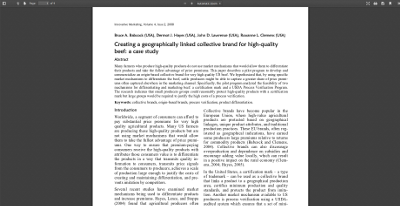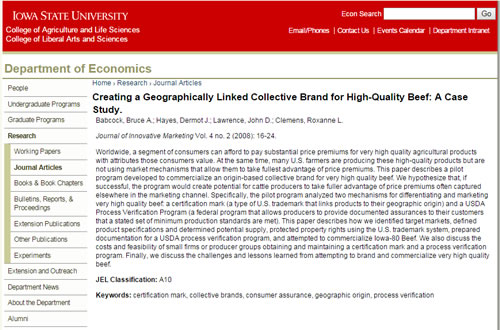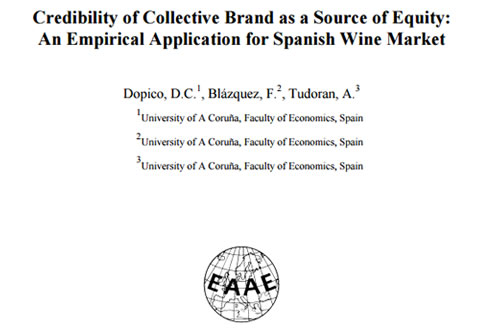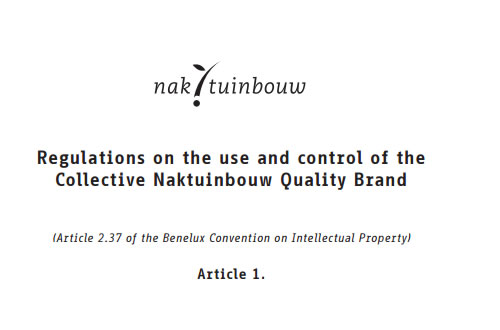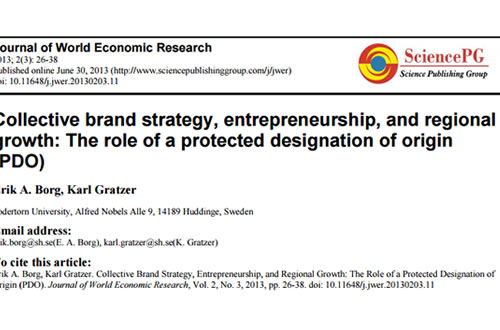Introduction
Let’s start with a picture
 Please take a look at this picture. Mr Sun is doing his best to create a unique, fantastic sky every dawn. The problem is that most people are asleep and do not see it. Mr. Sun does not care, because he is doing all this for his own pleasure, but what if he had a company, with payroll people, other costs, taxes to pay and so on? He would like his quality to be recognised at the maximum possible level, and not only recognised by means of admiration, but also by means of higher paid prices, higher profits, customer loyalty, etc. He would probably decide to communicate this event (“We offer a different
sawn every morning, be sure to take part in this exceptional show ...”), perhaps also with promotions, discounts for families or in certain periods (for example, in summer, when dawn happens particularly early). Now, Mr. Sun has no competitors, but if he had, he would have to be sure that consumer can distinguish his downs from those of his competitors, that they know exactly the benefits they can get from his downs, and they can recognise them wherever they are on Earth. He would therefore probably create a Mr. Sun brand, very pleasant to see and easy to recognise, he would associate a tagline (“Sunny life”) and claim to that brand (“Mr. Sun, we make dawns since 1.000.000 b.C.”) make sure it is seen as often as possible. Wouldn’t he?
Please take a look at this picture. Mr Sun is doing his best to create a unique, fantastic sky every dawn. The problem is that most people are asleep and do not see it. Mr. Sun does not care, because he is doing all this for his own pleasure, but what if he had a company, with payroll people, other costs, taxes to pay and so on? He would like his quality to be recognised at the maximum possible level, and not only recognised by means of admiration, but also by means of higher paid prices, higher profits, customer loyalty, etc. He would probably decide to communicate this event (“We offer a different
sawn every morning, be sure to take part in this exceptional show ...”), perhaps also with promotions, discounts for families or in certain periods (for example, in summer, when dawn happens particularly early). Now, Mr. Sun has no competitors, but if he had, he would have to be sure that consumer can distinguish his downs from those of his competitors, that they know exactly the benefits they can get from his downs, and they can recognise them wherever they are on Earth. He would therefore probably create a Mr. Sun brand, very pleasant to see and easy to recognise, he would associate a tagline (“Sunny life”) and claim to that brand (“Mr. Sun, we make dawns since 1.000.000 b.C.”) make sure it is seen as often as possible. Wouldn’t he?
Quality branding
Branding policies seem easy. Well what’s the problem with them? You just have to take a good drawing, make a logo out of it, give it a name, and it is done. But is it true?
A brand is a symbol. A symbol is very synthetic, but all the same a very powerful, means of communication. Human beings give symbols a higher importance than they are aware of.
A brand activates something in the mind of those who see it, and this something is made of several components: the image, words associated with the image, the font words are written with, and a huge amount of things related to these, among which the experiences each single persons have had with the associated company and products.
By means of a brand, you:
- express and describe your identity;
- make a promise to your customers, about the benefits you offer (a promise that has absolutely to be kept).
By means of a brand you guarantee that wherever consumers find that brand, they will find the same products and the same quality level. It has, therefore, effect over space, but also over time (if they find the same brand after 6 months or 2 years, the quality will be the same (better if improved!).
A brand can be seen as an important service: it allows consumers to avoid comparing and searching products every time: the brand, if it is a well built, communicated and successful brand, helps they find what they are looking for at a glance.
Keep in mind
Quality, whatever you mean by this word, is often expensive to make.It requires time, attention, skill, attitude, good raw materials, etc.
It may be the output of a long activity of research and development of new methods.
It has to be communicated in a proper way.
The scope of this communication is to make the benefits that consumers can receive from this quality as clear as possible, to as many people as possible.
And to have them clearly (and uniquely) associated to one specific producer
Different kinds of quality brands
First of all, you can work all by yourself. You define and reach the quality you want for your products, you identify your selling points, you have all the necessary analysis done (to prove that the quality you communicate is genuine, especially in case of nutritional aspects), you create your brand, you communicate it. Ok, but are you sure that you will be able to cover all the expenses? And will you be able to produce the volume of products that the market will require?Sometimes, collective quality brands are better. A very strict production guideline is defined, with controls and fines for those who do not follow it. Then, all those who follow this guideline are allowed to use this brand, also in association with their own. If rules and controls are serious, and appreciated, the brand can earn a very good reputation, both B2B (with professional clients) and B2C (with families). Participants will have to pay something for the use of the brand, the brand might also benefit from grants, and all this contributes to create a larger budget for analysis, communication, controls.
Why are guidelines, controls, fines necessary? Because those who do not reach and keep constant the desired quality level are in very big danger: if consumers realise the fraud, the news of this fact will spoil the image of the brand in a very serious way.
What is brand awareness?
It is all you are working for...When you create a brand, you must remember that consumers see hundreds of brands every day. They receive so much information that they become almost “blind”, meaning that they see brands and ads but no longer pay attention to them. Brand awareness is the extent to which a brand is recognized by potential customers, and is correctly associated with a particular product. It, therefore, measures how familiar people are with your brand or product.
It can be measured by means of market surveys, which usually start checking if consumers insert your brand in a list of brands they are asked to make, then going deeper by mentioning the brand and checking what they can associate it to, in comparison with competitors’ brands.

Keep in mind
In a brand, there are things you can control and (equally important) things you can’t control.You can control the aspect of the brand, what you say about it, the products that it represent.
You can’control what people say about it, the impression it makes on some kind of people.
This is why it is very important to be present on the web, in order to keep a very attentive eye (and possibly to influence) impressions, comparisons, etc.)

Exercise on branding

- What kind of target consumers might it be addressed to (independently from the product it is related to)?
- What do you think of the graphic aspects of the logo?
- Colours
- Images
- Word font
- What elements of quality (if any) do you think of? Are you thinking of it by looking at the brand or because you know it?
- How would you describe the logo? Simple, criptic, crowded... (use your own words)
- Do you think products under this brand would cost more or less than average? Why?
- Would you instinctively buy this product (whatever it is)? Or do you need more information?




